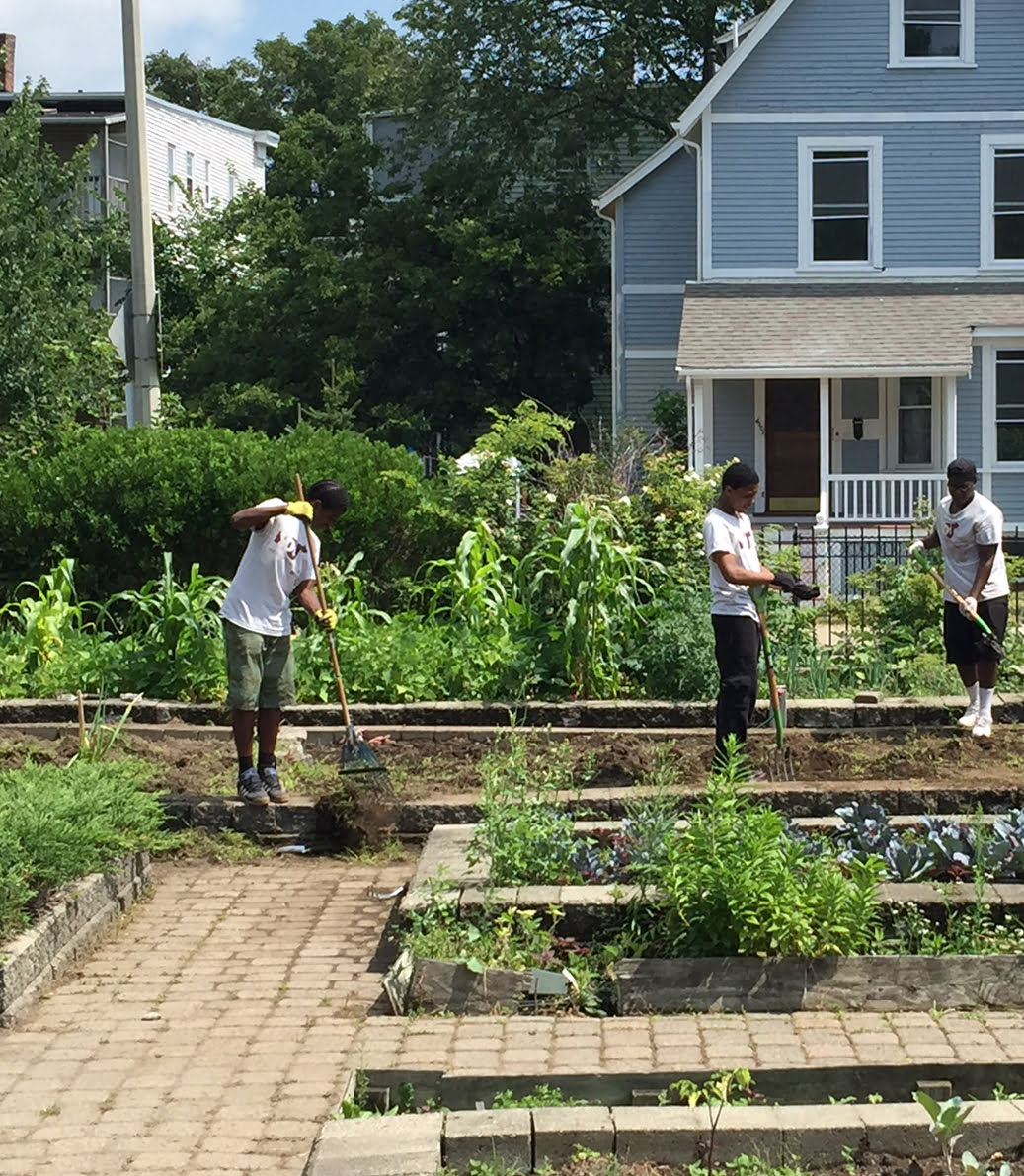
Inner-City Teen Interns Are Better Off

It’s a spring rite in Boston. The mayor’s office and private and non-profit employers hustle to get ready for a program employing more than 10,000 inner-city teens for the summer.
A new study of the summer 2015 participants shows that the high school students made remarkable strides, compared with the kids who applied but were not accepted for the limited number of slots available in the program. New York and Chicago have similar, large programs.
The Boston teens, who are mostly either black or Hispanic and from low-income neighborhoods, improved their job readiness, from showing up on time to developing their resume-writing skills, and also boosted their confidence and sense of identity. Perhaps most important, the program increased aspirations, particularly among black males.
Two out of three participants have single parents, and one in three is from immigrant families who do not speak English. While college-bound children of wealthy parents may choose summer camp over a summer job, being idle in the summer can be a big disadvantage for inner-city kids.
“These kids just have less opportunities to develop [job] skills just by growing up in the neighborhoods they do,” said Alicia Modestino, the Federal Reserve Bank of Boston researcher who studied the program. “Fewer people in their lives have a job. They’re living in a neighborhood with fewer job opportunities.” Further, single parents in low-income households often work nights or have multiple jobs and are too pressed for time to help their children develop these skills.
The jobs in Boston’s program are primarily either with private-sector employers – some of the top-tier internships are with major corporations – or with non-profit organizations such as local YMCAs, Sociedad Latina, the Boys and Girls Clubs of Dorchester, and the New England Aquarium. A requirement of the summer program – one of the nation’s oldest – is that each high school student attends sessions in which they learn to write resumes, practice job interviews, and answer questions properly on online applications.
Modestino was surprised that the strongest results in the study came in the category of “social engagement.” For example, her study found a sharp increase in the share of participants reporting they felt they “had a lot to contribute.”
Three out of four of the teens also said they learned the critical skills of “managing their emotions and temper, asking for help when they needed it, and constructively resolving conflict with a peer,” according to the study.
The following are other benefits for Boston teenagers given summer jobs:
- Job readiness. There were significant increases in the share of students who had a resume (29 percentage points) and cover letter (20 percentage points) and smaller increases for searching online for jobs (12 percentage points) and practicing interviews (10 percentage points). Non-white teens saw the biggest gains.
- Aspirations. Among those who said they want some additional training or education after high school, there was a significant increase in those specifying they want to attend a four-year college. This impact was largest for African-American males, who have the lowest rate of college entrance.
- Social engagement. In addition to boosting confidence about the contributions they make, the teens also felt more connected to their neighborhoods and felt safe walking around their neighborhoods.
“If you’re working at the local Y, you’re interacting with them in a positive way,” Modestino said.
Her next study will follow up the teen interns to gauge whether the advantages they acquire in the program persist in the adult job market – and in life. This is important and useful information.
To stay current on our Squared Away blog, we invite you to join our free email list. You’ll receive just one email each week – with links to the two new posts for that week – when you sign up here.
Comments are closed.







Great to see quantified results that these programs are successful. The NYC Summer Youth Employment Program (SYEP) also requires a component of 3 hours of financial literacy training.